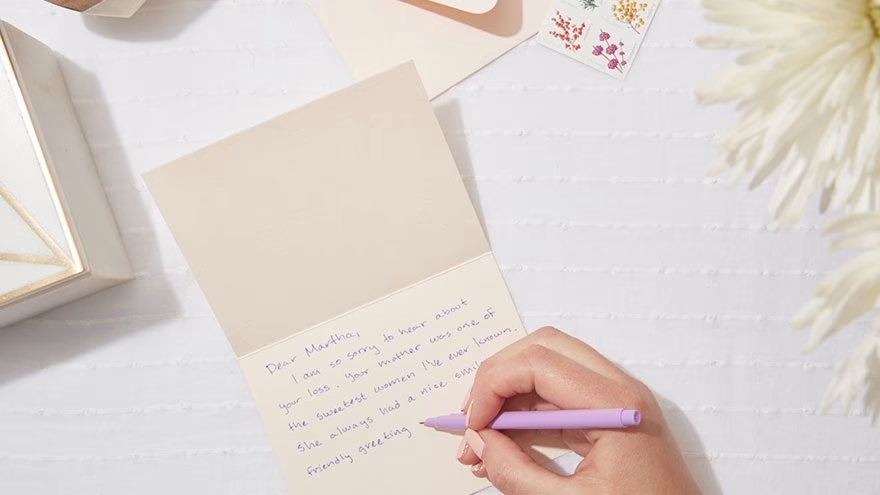
Analyze The Script
Many actors are too quick to grab an object mentioned in the stage directions. If it's mentioned in the script, they believe, it must be critical and therefore should be used during an audition.Do a quick script analysis: Is the prop mentioned in dialogue, or only in the stage directions? Props mentioned in stage directions can almost certainly be ignored.Objects mentioned in dialogue ("Jimmy, put down that spatula!") are usually more important.Directors don't expect you to have the right prop at the right time. That comes later, when the play or film is being rehearsed and performed. For an audition, simple pantomime is fine. Use the script as a guide and ignore any mention of props that have no immediate importance to your audition.
Leave Your Props At Home But Dress The Part
As a general rule, props are not used at auditions. An actor brandishing a shiny new dagger during a Shakespearean monologue will make the director (and other actors) uncomfortable. If your monologues are laden with props or prop references, it might be better to choose a different piece.There is nothing wrong with dressing the part to a certain degree.You should always dress comfortably in the event you are asked to do some kind of movement exercise. You may also certainly bring a coat, jacket, hat, or perhaps one piece of jewelry to use in your audition. Bring articles you might normally have on your person anyway. Purses, wallets, sunglasses, keys, overcoats, sweaters--these are all acceptable items to use in a monologue or scene.
Weapons, entire costume changes and things you wouldn't normally carry around with you do not belong at your audition. As an actor, your body is your only tool. How you move, speak and react will tell the director whether you are right for the part. Your clothes and props brought from home will be largely ignored by the director.
Use Your Environment
You can use chairs, stools, books, pens, and other items already within reach.Avoid "bestowing" objects with purposes other than their real function. For example, you shouldn't use a pencil as if it were a cigarette.Does the dialogue mention smoking? If not, there's no need to pantomime the action of smoking at all. Never, ever use a pen or pencil as a "knife" or other weapon--always use empty-handed pantomime for such props. Remember to check the script carefully to see if it's necessary to pantomime at all.
Substitute Props Of The Approximate Size Or Shape
There are times when using a prop at your audition helps you focus. For example, if a scene specifically requires your character to be typing, it would be more distracting to watch a pantomime of this in the air.A better choice might be to use a book on your lap, and tap soundlessly on it instead. Using a book as a "keyboard" help both you and your director focus on the lines you are saying rather than a distracting pantomime. If a prop of any kind distracts you, an audition partner, or the director, don't use it.
Play It Safe
Most directors are thrilled to find actors who make bold choices and are comfortable with their own bodies.Putting yourself or an audition partner in danger, however, will not endear you to the director. Never swing furniture around, throw props, or take unnecessary risks with your own body (such as throwing yourself to the floor or leaping off a stool).
Never, Ever Use Your Thumb And Pinkie Fingers As A "telephone."
This gesture is fine for stand-up comics and everyday people. Actors should know better. If you must pantomime a telephone, use an open fist against your jaw or cheekbone as if you were actually holding a phone.If you want to use a cell phone as a prop during a scene, make sure it is off. Not on "vibrate," but powered off completely. A surprise call during your audition or another actor's audition is a sure way to ruin your chances of winning a role.
Tips & Warnings
- A good prop should blend into a scene or monologue. Using a purse, wallet, keyring, glasses, or hat--things you might naturally carry with you--feels organic and will not distract the director, an audition partner, or yourself.
- All actors use pantomime instead of actual props at one time or another. But your audition should be about your face, body, voice, and instincts, not how well you can pantomime driving a car or wield a weapon. Minimize your use of "air props" when possible.
Save for later
Found this helpful?
Pin this article to your Pinterest board and come back to it whenever you need a reminder.
Save to Pinterest


